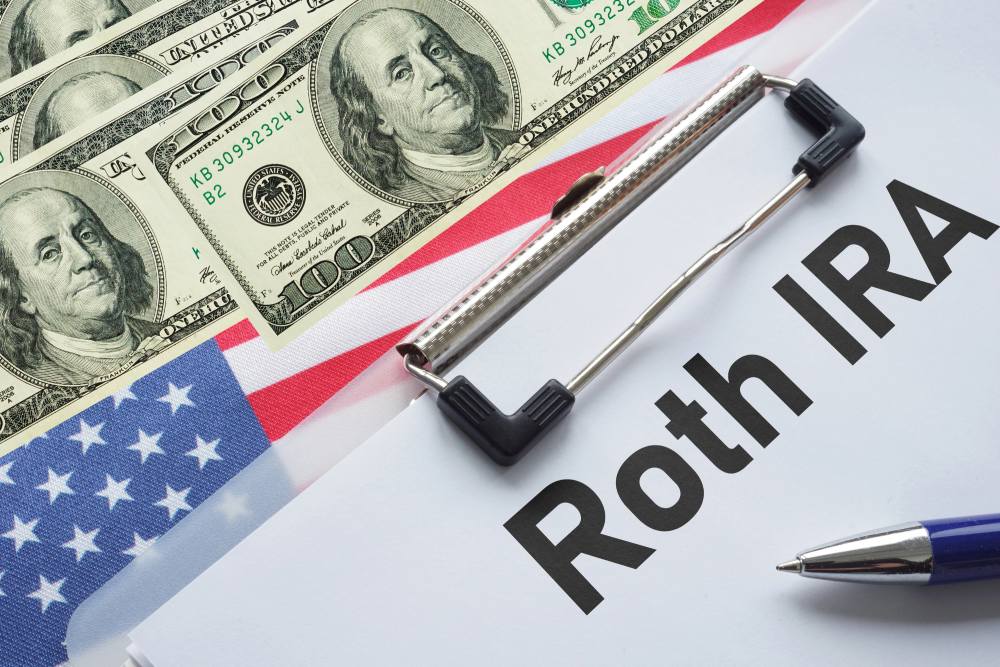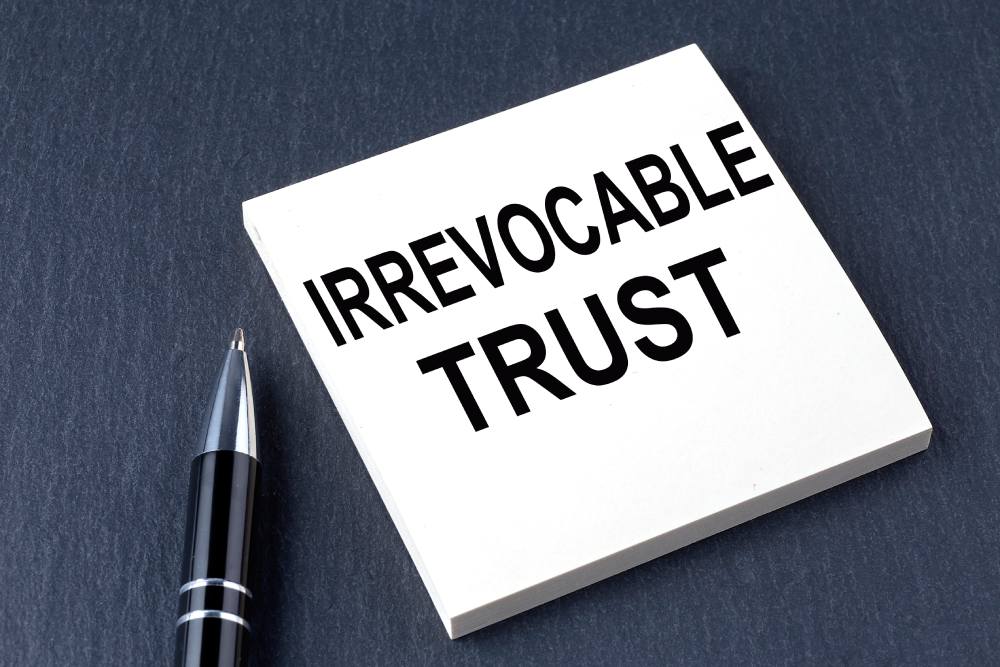When facing financial trouble, many wonder: Can IRAs be garnished? IRAs (Individual Retirement Accounts) are important tools for retirement savings, and knowing if they can be taken by creditors is important. Let us look at when creditors can access your IRA and how to protect your retirement funds.
What Is an IRA?
An IRA is a personal account used to save for retirement. It offers tax benefits, either at the time of deposit (traditional IRA) or when you withdraw the money (Roth IRA). Both types help you build wealth for your future.
Can IRAs Be Garnished?
In short, yes, IRAs can be garnished, but the circumstances under which this happens vary. While federal law offers certain protections, creditors may still be able to access IRA funds depending on specific conditions. These include the type of debt you owe, the jurisdiction in which you live, and the particular details of your legal case.
For example, while IRAs are generally protected in bankruptcy proceedings, other debts such as child support or alimony may allow creditors to garnish these funds. State laws also play a significant role in determining the level of protection your IRA has from creditors.
Therefore, the possibility of garnishment depends on a combination of legal factors, and it is important to understand how these elements apply to your situation.
Federal Protections for IRAs
In bankruptcy cases, IRAs are generally protected. According to the Bankruptcy Abuse Prevention and Consumer Protection Act, IRAs are exempt up to $1,512,350 (as of 2022) in bankruptcy proceedings. However, this protection does not extend to all types of debt. For example, creditors can sometimes garnish IRA funds for overdue child support or alimony.
State Laws and Garnishment
The protection offered to IRAs varies by state. Some states protect IRAs fully, while others allow creditors to access IRA funds under certain conditions. In some places, IRAs may be garnished for debts like child support, alimony, or tax obligations. Understanding your state’s laws is key to knowing your rights.
Types of Debts That Can Lead to Garnishment
The main types of debts that can lead to IRA garnishment include:
- Child Support or Alimony: Courts can order the garnishment of IRA funds to fulfill these obligations.
- Federal Taxes: The IRS can seize IRA funds to cover unpaid taxes.
- Court Judgments: If a creditor wins a lawsuit against you, they might be able to garnish IRA funds.
How to Protect Your IRA from Creditors
There are several steps you can take to protect your IRA from creditors. While it may not be possible to guarantee full protection in every situation, there are effective strategies to reduce the risk of your IRA being accessed. Legal tools such as asset protection trusts and custody and escrow services are commonly utilized to offer additional layers of security.
For example, an asset protection trust can help shield your IRA by moving assets into a legal structure that is harder for creditors to reach. Similarly, using custody and escrow services makes sure that your retirement funds are managed securely by a neutral third party, making them more difficult for creditors to claim. By using these methods, you can enhance the security of your retirement savings and minimize the chances of garnishment or seizure.
Using a Nevada Asset Protection Trust
One of the most effective ways to protect assets from creditors is by using a Nevada asset protection trust. This trust allows you to move assets into a secure legal structure that makes it much harder for creditors to access. Nevada is known for its strong asset protection laws, making it a popular choice for those looking to protect their wealth.
This trust works by placing the assets in a way that the individual does not directly own them. The legal structure guarantees that even if creditors come after your assets, they are likely to be shielded. However, it is important to create this trust correctly, as fraudulent transfers could still be overturned.
The Role of Custody and Escrow Services
Another strategy to protect your assets is through custody and escrow services. These services involve a neutral third party that holds and manages your assets. By using these services, you can keep your IRA funds out of reach from creditors, especially in cases where there is a legal dispute. These services offer an additional layer of security, ensuring that assets are handled with care and in accordance with the law.
What Happens if My IRA Is Garnished?
If your IRA is garnished, it means a creditor has legally seized some of your retirement funds. This is more likely to happen if you owe money for things like child support or taxes. However, depending on the type of debt and your state’s laws, only a portion of your IRA may be subject to garnishment.
If this happens, the court will determine the amount that can be taken. Typically, the court will consider factors like the type of debt and your ability to pay. The exact rules will depend on where you live.
Steps to Take if You’re Concerned About Garnishment
If you are worried about your IRA being garnished, there are a few things you can do to protect yourself:
- Understand State Laws: Different states have different rules for IRA protection. Be sure to check your state’s laws.
- Consult a Legal Professional: Speak with a lawyer who can help you understand your rights and options.
- Consider a Nevada Asset Protection Trust: A Nevada asset protection trust can offer strong protection against creditors.
- Use Custody and Escrow Services: These services can help protect your retirement savings from garnishment by holding your IRA funds securely.
So, can IRAs be garnished? Yes, but under certain conditions. IRAs offer some protections, especially in bankruptcy. However, creditors can still garnish funds for child support, taxes, or other judgments, depending on state law. To protect your IRA, consider strategies like using a Nevada asset protection trust or custody and escrow services to keep your funds secure.
At Nevada Trust Company, we offer expert advice on managing and protecting your retirement assets. If you are concerned about protecting your wealth, we can help you explore the best options for your situation.



